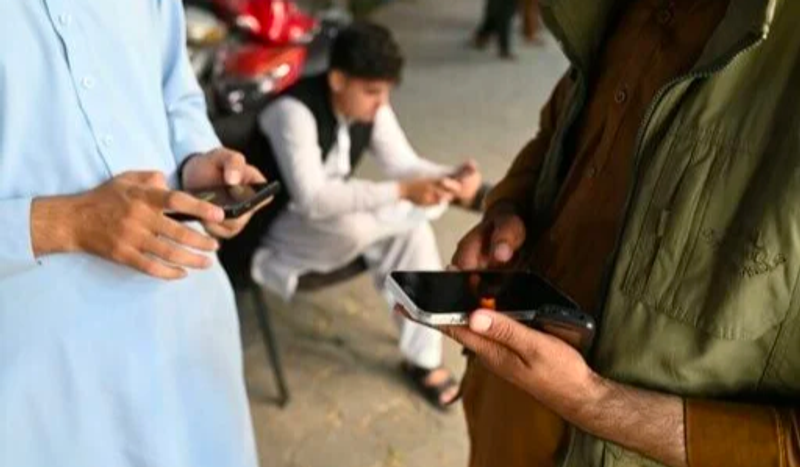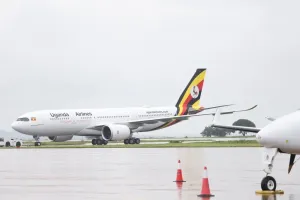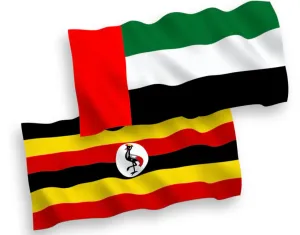
Afghans have flooded the streets in celebration after the restoration of internet and telecom services, which had been abruptly shut down by the Taliban government, triggering widespread international backlash.
"Everyone is happy, holding their cell phones and talking to their relatives," said one Kabul resident who toured several areas of the capital on Wednesday. "From women, to men and Talibs [a member of the Taliban], each was talking on phones after services were restored. There are more crowds now in the city."
The blackout, which lasted 48 hours, disrupted flights, crippled businesses, and hindered access to emergency services. It also sparked deep concerns about the further marginalization of Afghan women and girls, whose rights have been systematically rolled back since the Taliban reclaimed power in 2021.
A source with knowledge of the situation confirmed that internet access had been restored by order of the Taliban prime minister. Meanwhile, senior Taliban spokesman Suhail Shaheen announced from Qatar that "all communications" were functioning again as of Wednesday afternoon.
Despite the nationwide disruption, the Taliban government has yet to offer an official explanation for the shutdown. However, a Taliban spokesperson in Balkh province had previously stated that internet restrictions were being enforced "for the prevention of vices."
Since regaining control, the Taliban have enforced a series of strict regulations in line with their interpretation of Islamic Sharia law. Women, in particular, have faced sweeping restrictions: girls over the age of 12 have been banned from attending school, female employment has been curtailed, and in September, universities removed books authored by women.
Afghan women have emphasized to reporters that the internet remains one of their few remaining connections to the outside world.
In response to the shutdown, the United Nations warned that the move had left Afghanistan nearly cut off from global communication. The organization cautioned that it could "inflict significant harm on the Afghan people, including by threatening economic stability and exacerbating one of the world's worst humanitarian crises."













Aldrige Kennedy
Leave a Comment
Your email address will not be published.